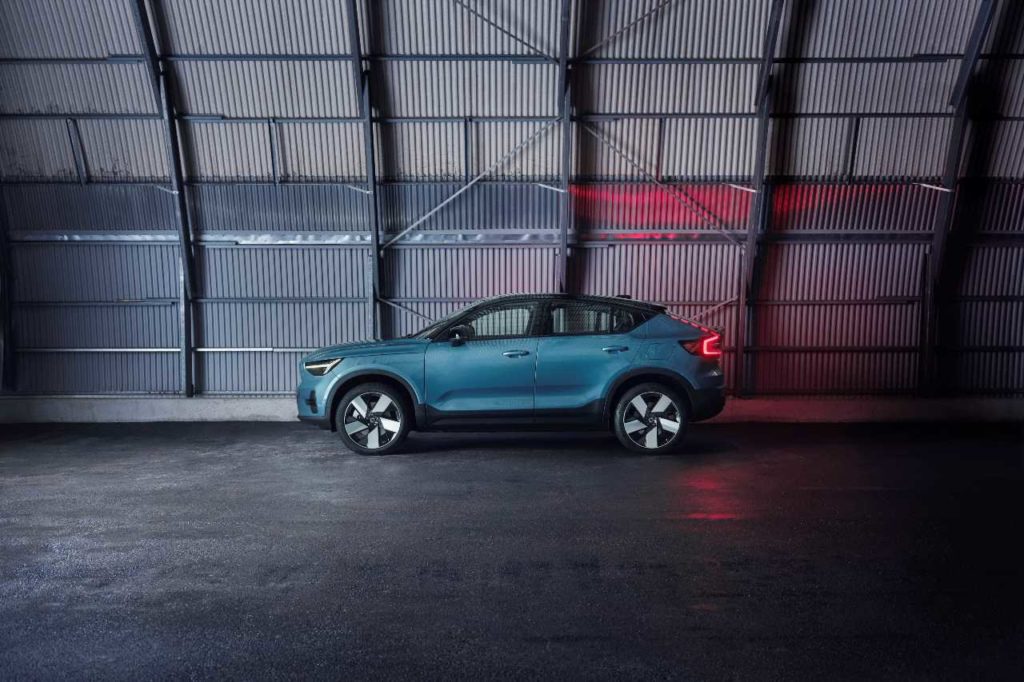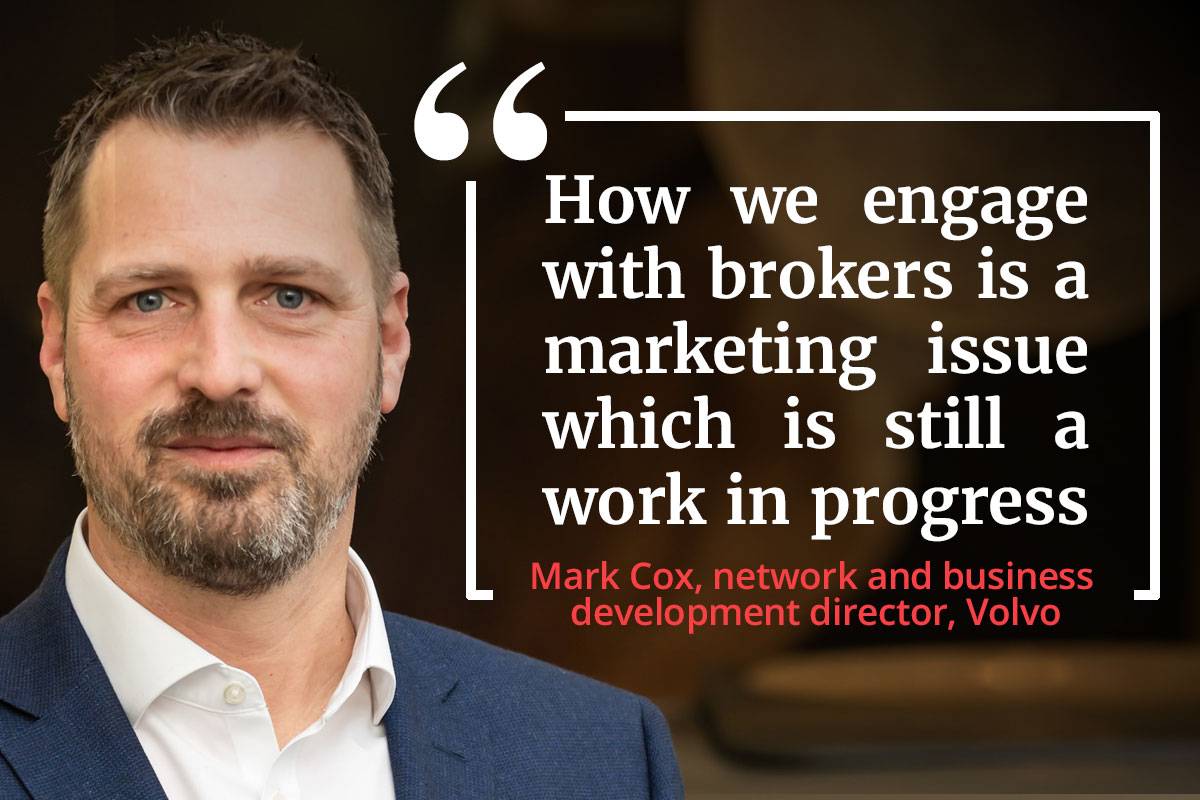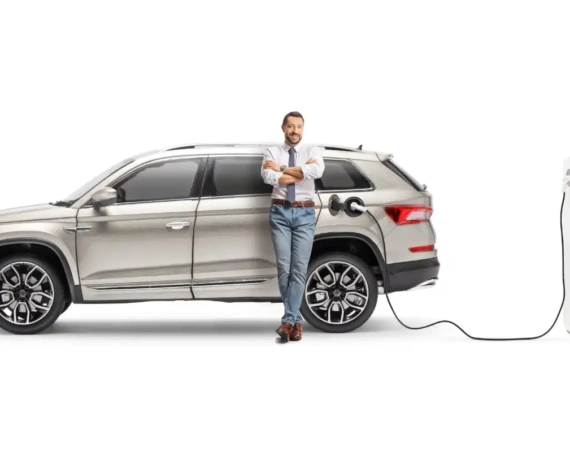SWEDISH car maker Volvo announced last week that it would only make its EVs available online in the future.
It was, said the company, the next step in its automotive progress to becoming a fully electric car maker by 2030. Volvo also positioned its subscription service, Care by Volvo, as the default buying option as a “complete convenient customer offering”, according to a company statement.
Volvo Cars, which is owned by Chinese company Geely, said that its move would not be at the expense of dealers, but would make the transition from physical to online seamless in the interests of customers.
So how do brokers fit into this new world of online only Volvo EV sales?
That’s a good question. In so many ways, brokers are ideal to make the customer offer as leasing brokers are digital only; but such a line of action might not be so clear.
We spoke to Mark Cox, network and business development director at Volvo in the UK, to try and elucidate whether Volvo regulated business via brokers was at risk.
The direct sale of Volvo EVs to retail customers is the core strategy. How and if we engage with brokers or aggregators to market these direct consumer offers is then a separate commercial decision.
We are not so naive to exclude our products from the wider fleet market, but how we deal with the aggregators and leasing brokers is not fully clarified yet. The principle we do understand is that leasecos are dominant in the UK market and we would not exclude businesses from the opportunity to have Volvo products for their drivers.
Our Care by Volvo is a clear message to customers that there are three ways for retail customers to access a Volvo EV. The first is by flexible subscriptions; the second is by a fixed subscription for a longer period; and the third is by outright purchase. How the outright purchase option is funded is ultimately a choice for the customer.

All of this suggests that Volvo is taking subtle steps to taking back more control over the marketing and sales process in a similar manner to the Tesla distribution process, where vehicle allocation is on availability only and controlled by Tesla’s central ordering system.
What’s the broker take on Volvo’s strategy? Here’s Keith Hawes
The idea behind Volvo’s move, as far as I can see, is that they want unique visibility of the customer, to manage directly, and to keep everything in-house throughout the life cycle. Through funders and leasecos the customer is often anonymous to them – each OEM will have their own strategy and at the end of the day they will dictate their route to market. The downside for them is that they generally don’t have the market visibility and online organic positioning compared with many brokers and leasing sites that have been operating for many years and who offer the whole range of brands available across the market.
Broker websites like ours attract more than 6 million visits a year because not only do we have the reach, we also have variety of product. Consumers are becoming more fickle and less brand loyal. They’ll change when it suits them for a new car that fits in with their current lifestyle and their own budget constraints. So we not only have a large volume of website visitors, but we can also put a wide array of vehicles in front of the customer with a very transparent offer. It’s a strong proposition.
Keith Hawes, director, Nationwide Vehicle Contracts
While Volvo in Sweden is clear on the absolute direction, for a leasing market the size of the UK, there are probably accommodations to be made in that balance between customer experience and brand sales. In other words, it would be a brave car maker whose strategy excluded the personal leasing market offered by brokers.
As Cox adds: “We’re doing this on a gentle basis as we introduce new models. We can learn to evolve through our experience.”

Ralph Morton is the leading journalist in the leasing broker sector and editor of Broker News, the website which provides information and news for BVRLA-registered leasing brokers. He also writes extensively on the fleet and leasing market in both the UK and Europe.



